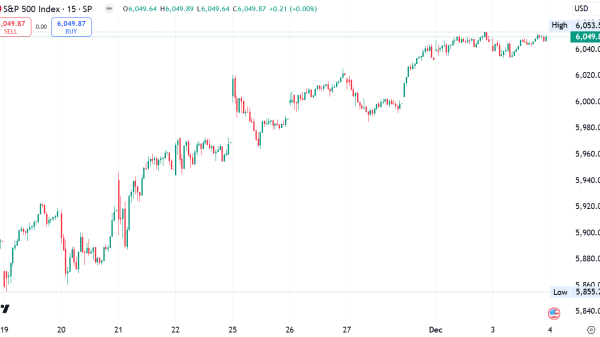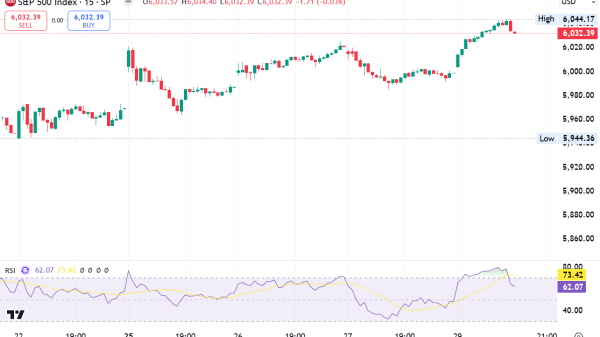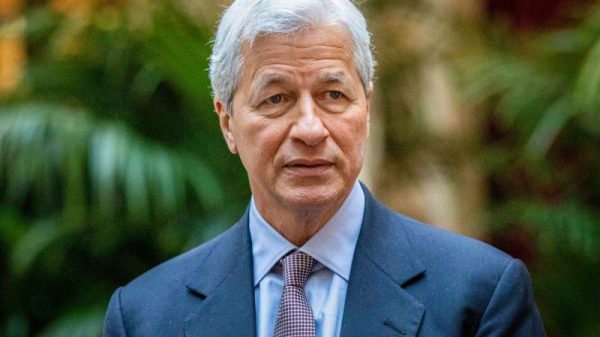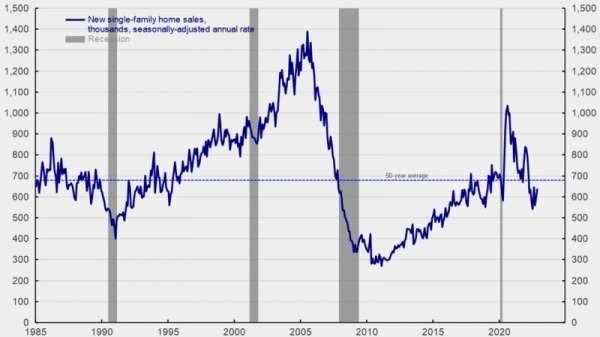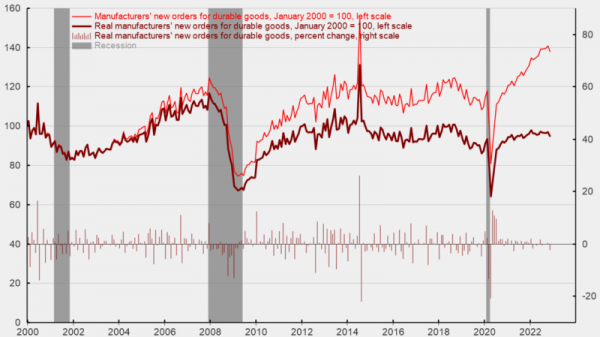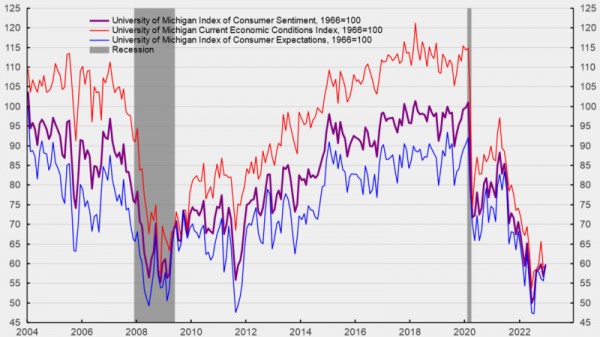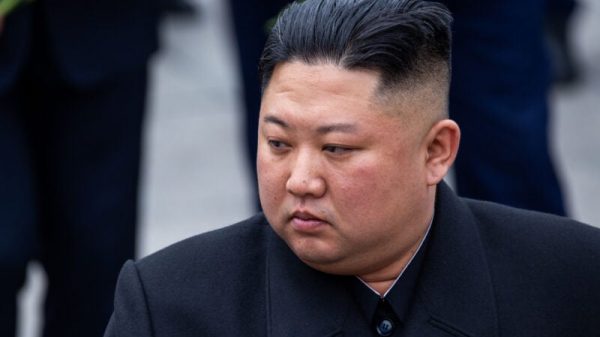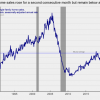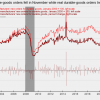US President Donald Trump addressed world leaders and business executives at the World Economic Forum (WEF) in Davos, Switzerland, calling for Saudi Arabia and OPEC nations to lower oil prices.
Trump criticized the economic policies of the Biden administration, attributing recent challenges, including high deficits, to regulatory and fiscal decisions made during Joe Biden’s term as president.
“Over the past four years, our government racked up $8 trillion in wasteful deficit spending and inflicted nation wrecking energy restrictions, crippling regulations and hidden taxes like never before,” Bloomberg quotes Trump as saying.
The newly inaugurated president emphasized the need to confront what he termed ‘economic chaos,’ explaining that the overall goal is to re-centralize the US as the premier hub for manufacturing.
Further, Trump announced plans to press Saudi Arabia and OPEC to reduce the cost of oil, which he suggested will alleviate inflation and prompt central banks to lower interest rates.
“You gotta bring down the oil price, that will end that war. You could end that war,” he added, referring to the Russia-Ukraine war and claiming that lower prices could pressure Russia to end the conflict.
A significant part of Trump’s address was devoted to advocating for tariffs as a tool to bolster US manufacturing.
He reiterated his administration’s stance that companies manufacturing outside the US will face tariffs. Trump argued that this policy will drive significant revenue for the US, while encouraging companies to invest domestically.
“If you don’t make your product in America, which is your prerogative, then very simply, you will have to pay a tariff, differing amounts, but a tariff which will direct hundreds of billions of dollars, and even trillions of dollars into our Treasury,” he maintained to WEF attendees.
Energy policy reversal and focus on domestic production
Domestically, Trump has taken steps to reverse Biden-era policies on climate change and energy.
These include efforts to boost US fossil fuel production, and to review of subsidies for renewable energy and electric vehicles. Trump has emphasized his focus on ensuring energy independence and replenishing US oil reserves.
His administration’s energy policies have already drawn mixed reactions.
While some business leaders view increased domestic production as a positive step for economic stability, others worry about the implications for international energy markets and long-term climate goals.
Furthermore, Trump’s recent signing of an executive order that has opened Alaska to resource development — a reversal of yet another Biden policy — was met with criticism, including economic and environmental concerns.
Trump has also reiterated his commitment to reshaping US trade relationships, citing ongoing reviews of trade agreements and plans to impose additional tariffs on countries like China, Canada and Mexico.
Securities Disclosure: I, Giann Liguid, hold no direct investment interest in any company mentioned in this article.

